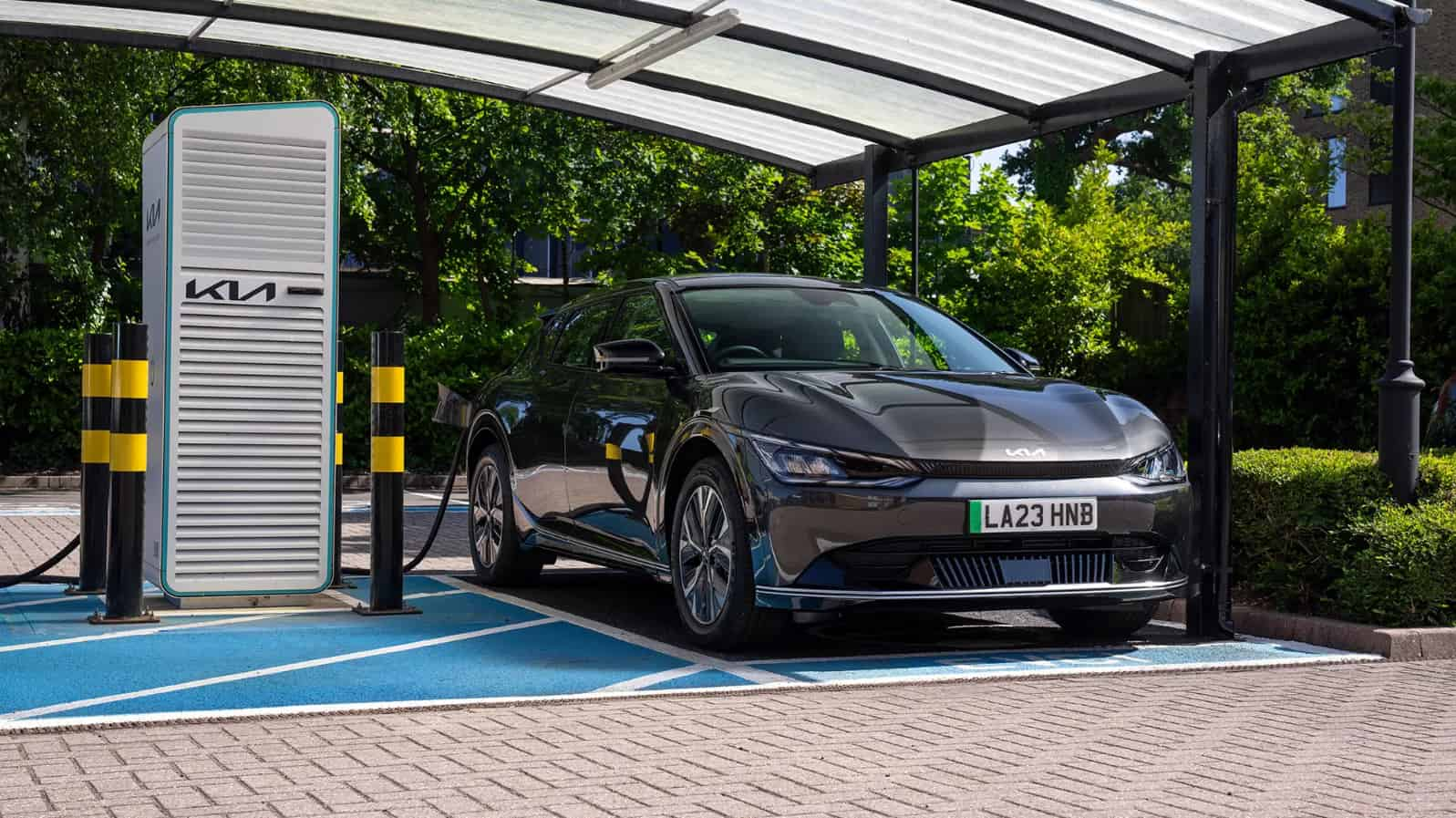Electric cars are everywhere these days. Maybe your neighbor just got a shiny new Tesla, or you’ve been eyeing those sleek EV commercials on TV. The buzz is real, and it’s not hard to see why.
Electric vehicles (EVs) promise big savings on fuel, lower maintenance costs, and a chance to do something good for the environment. Sounds perfect, right?
But before you take the plunge, there are some challenges you need to think about. Limited driving range, long charging times, and the upfront price tag can make you hesitate. So, are EVs worth it? Let’s break it down and see if one’s right for you.

What’s the Hype About Electric Cars?
There’s no doubt EVs are being touted as the future of driving. They’re better for the planet and can save you money over time.
But switching to an electric car isn’t as simple as it might seem. For every advantage, there’s a potential downside.
Understanding these pros and cons will help you decide if an EV fits your lifestyle.
The Pros: Why Electric Cars Are Revolutionizing the Road
Save Money While You Drive
Gas prices can be overwhelming. Depending on where you live, filling up a tank can cost $40, $50, or even more. With an electric car, you’ll spend far less. Charging an EV like a Tesla usually costs just $10 to $15 for a full battery. Over a year, that could mean saving $1,500 to $4,500 compared to driving a gas-powered car. That’s a vacation fund right there!
Plus, electric cars don’t need oil changes or as much maintenance. No engine parts to wear out means fewer trips to the mechanic—and fewer unexpected bills.
A Cleaner, Greener Future
If you’re looking to reduce your carbon footprint, an EV is a great step. These cars don’t produce any exhaust, so you’re not pumping greenhouse gases into the air while driving. And if you’ve got solar panels at home, you can even charge your car with renewable energy.
The EPA estimates a traditional gas car emits 4.6 metric tons of carbon dioxide per year. Imagine cutting that down to zero just by switching to electric. That’s a big win for the planet.
Incentives That Sweeten the Deal
Here’s where things get interesting. Buying an EV can make you eligible for financial incentives. The federal government offers tax credits of up to $7,500, and many states have their own programs.
For example, New Jersey offers a $5,000 rebate through its Charge Up NJ program. Check your state’s incentives—it could mean thousands back in your pocket.
Quiet Power and Smooth Rides
Have you ever driven a car so quiet you wondered if it was even on? That’s an EV for you. These cars run smoothly and silently because they don’t have exhaust systems.
They’re also quick—electric motors deliver instant torque, making acceleration feel effortless. Whether you’re zipping around town or cruising on the highway, EVs are a joy to drive.

The Cons: What You Need to Know Before You Commit
Charging Challenges
One of the biggest hurdles with electric cars is finding a place to charge. Sure, you can charge at home if you have a garage or driveway, but what if you’re on a road trip?
Public charging stations aren’t as common as gas stations, especially in rural areas. And even when you find one, there might be a line of other EV drivers waiting their turn.
Charging Takes Time
Filling up a gas tank takes, what, five minutes? Charging an EV takes longer—a lot longer. Using a standard outlet, you might wait between 24 and 80 hours for a full charge.
Even fast chargers, like Tesla Superchargers, take about 15 to 30 minutes to add a few hundred miles of range. That’s fine for most daily commutes, but if you’re in a hurry, it could be a hassle.
Range Anxiety Is Real
Speaking of range, most EVs can go 100 to 400 miles on a full charge. That’s fine if you’re just commuting or running errands, but what about long road trips? You’ll need to plan carefully, mapping out where to stop and recharge. In some areas, that might mean adding hours to your trip.
High Initial Costs
Electric cars can save you money over time, but they’re not cheap upfront. EVs tend to cost more than similar gas-powered cars, largely because of their expensive batteries. Even with tax credits and rebates, the sticker price can still make your jaw drop.
Battery Packs Aren’t Forever
While EV batteries are designed to last, they will eventually wear out. Replacing a battery can cost around $6,000 or more. The good news? Battery prices are dropping as technology improves. But it’s still something to consider if you plan to keep your car for the long haul.
| Category |
Pros |
Cons |
|---|---|---|
| Fuel Savings | Cheaper to charge compared to gas. | Depends on electricity costs in your area. |
| Environmental Impact | No CO2 emissions, reduced carbon footprint. | Impact depends on regional energy sources. |
| Maintenance | Fewer parts, lower maintenance costs. | Battery replacement can be expensive. |
| Purchase & Incentives | Federal and state tax credits available. | Higher upfront cost than gas-powered cars. |
| Performance | Quiet operation and fast acceleration. | Limited range per charge. |
| Infrastructure | Convenient home and workplace charging. | Limited public charging stations in rural areas. |
Is an Electric Vehicle Right for You?
Evaluate Your Driving Habits
Here’s the deal: EVs are perfect for people with short commutes, access to charging stations, and a desire to save money on fuel. If you drive less than 40 miles a day, an EV could be a game-changer.
But if you’re constantly taking long road trips or live in an area with few charging stations, you might want to wait until the infrastructure improves.
Maximize the Benefits
Want to save even more? Pair your EV with solar panels to charge your car for free. And take advantage of tools like the Vehicle Cost Calculator to compare the long-term costs of an EV versus a gas-powered car. Planning ahead will make your transition smoother.
Future-Proofing Your Investment
The good news is, EVs are only getting better. Charging networks are expanding, battery technology is improving, and costs are coming down. Investing in an EV today could mean staying ahead of the curve as the world moves toward greener transportation.
Weighing the Pros and Cons for the Road Ahead
Here’s the bottom line: Electric cars have a lot to offer. They save money, reduce emissions, and deliver a smooth, enjoyable ride. But they’re not perfect. Charging can be inconvenient, range is limited, and the upfront cost might feel steep.
So, should you make the switch? If you have access to charging and want to save on fuel while helping the environment, an EV is worth considering. For long-distance drivers or those on a tight budget, a plug-in hybrid might be a better fit for now.
The future of transportation is electric. Are you ready to join the revolution? Take a closer look at your driving habits and lifestyle—the answer might surprise you.





